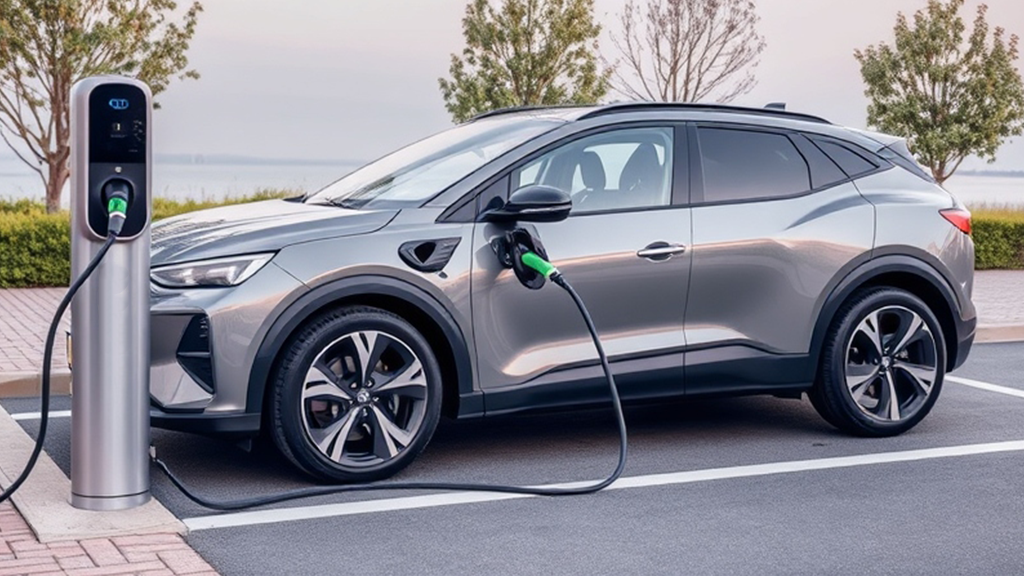

European automakers are aggressively scaling up their electric vehicle (EV) strategies in response to rising demand for sustainable mobility and increasingly stringent emissions regulations. Major manufacturers like Volkswagen, BMW, Mercedes-Benz, Renault, and Stellantis are leading the charge with ambitious production goals, strategic partnerships, and significant investments in EV infrastructure.
Volkswagen Group has committed over €180 billion toward electrification and digitalization by 2030. Its modular electric drive matrix (MEB) platform underpins popular models like the ID.4 and ID. Buzz, with plans to roll out more accessible and affordable EVs. Volkswagen is also investing heavily in battery technology, including in-house production and solid-state battery development, aiming to lower costs and increase efficiency.
BMW is focusing on its “Neue Klasse” platform, designed to optimize EV production and reduce emissions. The company plans to introduce a range of electric models between 2025 and 2027, reflecting a strategic shift toward electrification while maintaining its premium brand image. Additionally, BMW is exploring circular economy practices, such as using recycled materials in vehicle production to further minimize environmental impact.
Mercedes-Benz is pushing forward with its goal to go all-electric by the end of the decade in markets where conditions allow. The EQS and EQE models have positioned Mercedes as a serious contender in the luxury EV segment. The company is also developing its own battery technology and expanding charging infrastructure through partnerships.
Renault is capitalizing on its early entry into the EV market with new models designed for affordability and mass appeal. The upcoming Renault 5 Electric aims to deliver a cost-effective solution for urban drivers. Renault’s alliance with Nissan and Mitsubishi is central to its strategy, focusing on shared platforms and battery technology to scale production efficiently.
Stellantis, the parent company of brands like Peugeot, Fiat, and Opel, is targeting 100% electric sales in Europe by 2030. Its “Dare Forward 2030” plan outlines aggressive electrification goals, including launching more than 75 EV models globally by the decade’s end. Stellantis is also focusing on vertical integration in battery production to secure supply chains.
These automakers are responding not just to consumer demand but also to regulatory pressures. The European Union’s plan to ban new internal combustion engine vehicles by 2035 is forcing companies to accelerate their EV rollouts. Governments are also expanding charging networks and offering incentives, making EV adoption more practical for consumers.
European automakers are not only adapting—they are setting new standards in the global transition to electric mobility.








© THE CEO PUBLICATION 2021 | All rights reserved. Terms and condition | Privacy and Policy